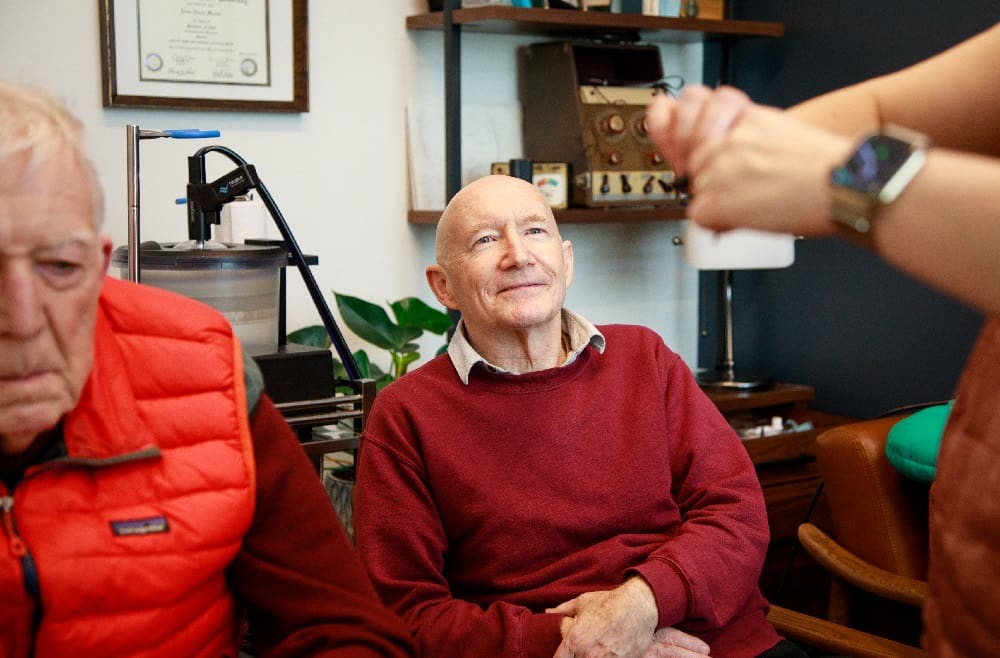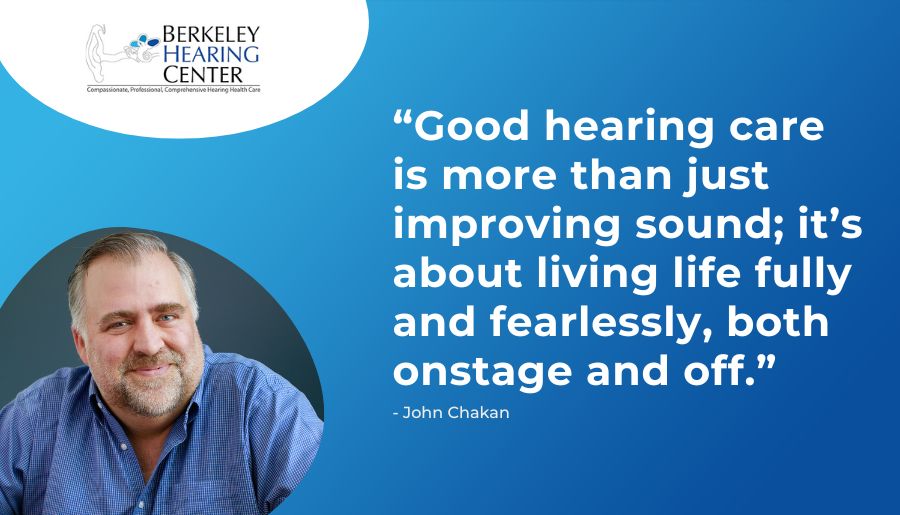2020-03-01
Jonathan Lipschutz Audiologist, M.S., F-AAA, Co-Owner
As an audiologist (and an author of sorts), I’ve been very gratified to hear from patients that they’ve found informative & enjoyed reading these pieces I write for this wonderful magazine (kudos, Cathy & Lisa!). Maybe they’re no longer stressing about ear wax, they feel a little bit more knowledgeable about hearing healthcare options or perhaps I’ve demystified something about which they had trepidation. Bottom line, they felt they’ve been informative/helpful in some way. To that end, I thought it would be helpful if I occasionally shared some anonymous case histories that highlight certain aspects/topics I’ve written on before.
When a new patient contacts our office, they might be at any stage along what I’ll describe as their hearing healthcare ‘journey’. Maybe they’re current/experienced users of amplification (hearing aids) getting poor results or having a technical issue. Perhaps it’s someone looking for custom hearing protection to prevent hearing loss. Maybe it’s somebody experiencing recent (or not so recent) communication issues, and are looking to find out what’s going on. For this piece, I’d like to provide a case history for this latter example.
The patient is a lovely (inside & out) newly minted grandmother, who can’t believe she’s old enough to be a grandmother(!), in otherwise excellent health.She came on the ‘gentle’ encouragement of her daughter, who felt like she was not hearing (her) very well. However she really didn’t feel like she was struggling that much. But she’s witnessed her own mother’s progressive, untreated hearing loss and doesn’t want to do that to her family. She stated that the majority of the time, she has no communication issues. She acknowledged that there were times where she’s having to strain to understand what’s being said, particularly in noisy situations. She reported being tested about 3 or 4 years ago, results indicating some high frequency hearing loss with the provider indicated she might benefit from amplification. For whatever reason, she decided not to pursue it. So, on the ‘gentle’ encouragement of her daughter, she was being evaluated again.
Though there were a few examples of statistically significant change relative to her previous evaluation, her hearing hadn’t dramatically changed. Her hearing results would be described as a mild to moderately-severe high frequency sensorineural (nerve) hearing loss. This degree/configuration of hearing loss (which is quite common) typically creates issues with intelligibility or understanding, particularly in the presence of background noise. Hearing without understanding. Communication at a distance is problematic. Women and children’s voices are more challenging to understand, because the frequency of their voices are typically higher than that of an adult male. These were the types of issues she was experiencing. I counseled her regarding the ramifications of untreated hearing loss along with the many short and long-term benefits to the treatment of sensorineural hearing loss with properly fit and consistently used amplification. Lastly, because all purchases of hearing aids are, by law, done on a trial basis and can be returned, I encouraged her to evaluate them so she knew what she would be saying ‘yes’ or ‘no’ to.
She was fit bilaterally with receiver-in-canal hearing aids, small behind-the-ear hearing aids with a thin wire which powers the receiver (or speaker) resting inside the ear canal. She said they were very easy to use and very comfortable, to the point she often forgets she’s wearing them. She reported wearing them just about every day as recommended, but not struggling on the few days she forgot. However, she stated that she absolutely hears better with them than without. She noted that she was feeling more relaxed in conversational situations because she wasn’t straining or focusing as hard.
Though significant improvement has also been noted in more challenging environments, she stated that she’s not getting everything that’s said. I was very honest with her regarding expectations. Hearing aids are just that, aids. With nerve damage, there are no “fixes”.
Those situations can/will be challenging, but we have some other options to help as needed. In the end, she said that though she doesn’t want to need hearing aids, and could probably get by for several more years, she recognizes the benefits of them to her quality of life in the here and now, and is treating her hearing loss earlier for the best long term prognosis.
https://berkeleyhearing.com/wp-content/uploads/2024/07/Take-the-First-Step-Toward-Better-Hearing.jpg
Jonathan Lipschutz Audiologist, M.S., F-AAA, Co-Owner






